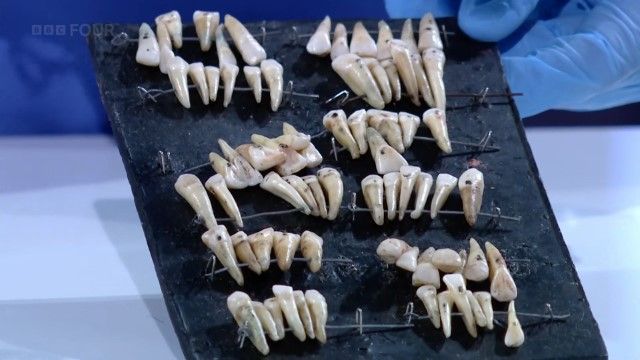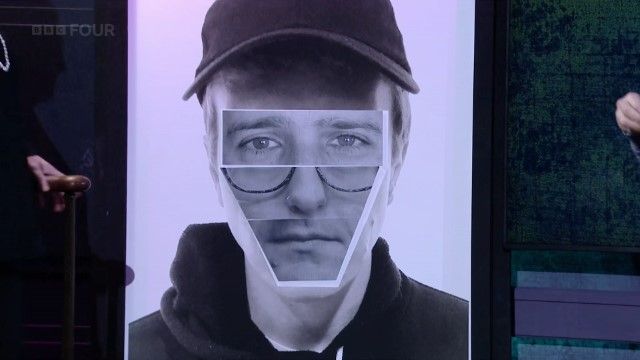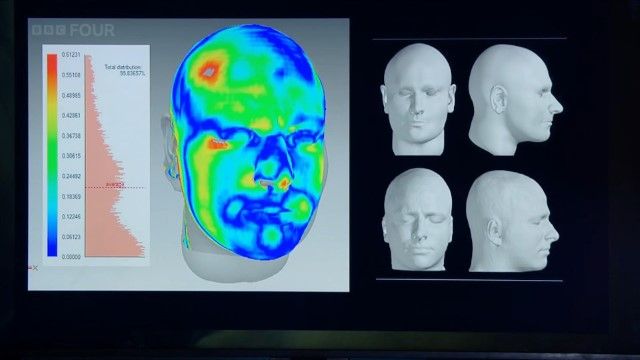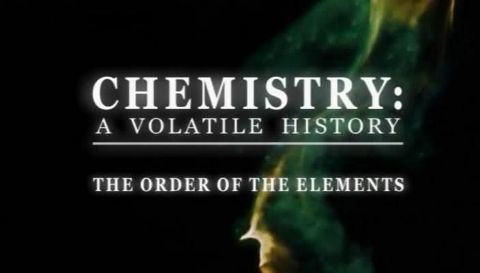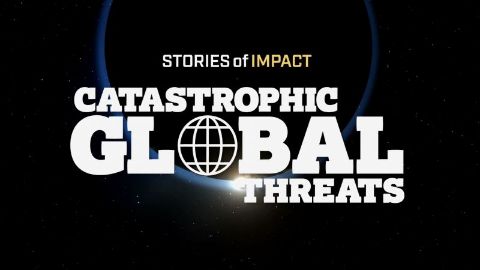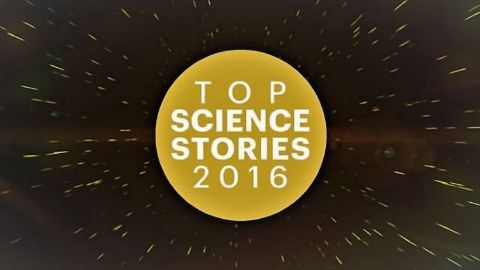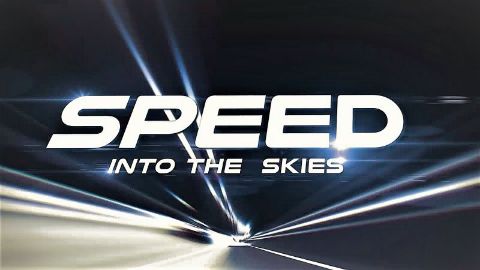Dead Body • 2022 • episode "S1E1" • Secrets of Forensic Science
Professor Sue Black is joined by Silent Witness's Emilia Fox to reveal the secrets of forensic science. Sue shows how the stories of our lives are hidden in the very fabric of our bodies by examining an archaeological skeleton, using techniques she uses in modern-day forensic investigations. She gradually builds up its identity until a pile of old bones once again becomes a real person. She explains how extraordinary clues in our bones can reveal everything from our age and our sex to our diets and our ancestry – there's even a bone in our ear that can reveal where our mother lived while she was pregnant. Professor Black's investigations into the trauma marks visible in the 1,000-year-old skeleton's bones reveal where this person died, and how they died. In the process, she tells this individual's extraordinary life story and sheds light on one of the darkest days in English history. The Christmas Lectures date back to 1825 when Michael Faraday founded the lectures for children at the Royal Institution. They are the world's longest running science television series, which today use demonstrations and interactive experiments with the live theatre audience.
Make a donation
Buy a brother a hot coffee? Or a cold beer?
Hope you're finding these documentaries fascinating and eye-opening. It's just me, working hard behind the scenes to bring you this enriching content.
Running and maintaining a website like this takes time and resources. That's why I'm reaching out to you. If you appreciate what I do and would like to support my efforts, would you consider "buying me a coffee"?
Donation addresses
BTC: bc1q8ldskxh4x9qnddhcrgcun8rtvddeldm2a07r2v
ETH: 0x5CCAAA1afc5c5D814129d99277dDb5A979672116
With your donation through , you can show your appreciation and help me keep this project going. Every contribution, no matter how small, makes a significant impact. It goes directly towards covering server costs.
